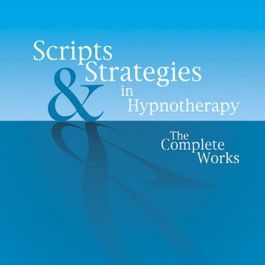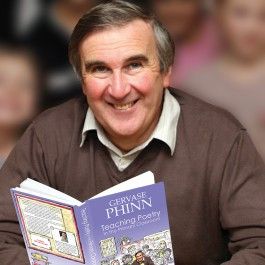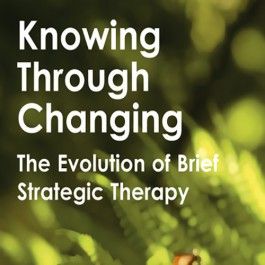Author list
Nick Owen
What are we called to do in our lives and how can we discover and express our personal and professional genius and purpose? Not easy questions but Nick has been struggling with and exploring them for himself and with others through his writing, editing, and storytelling, as well as in workshops, seminars and coaching sessions with individuals, educational institutions, professional bodies, organisations, and the arts for the last several decades. These days his primary professional passions catalyse around two areas. Firstly, the development of shared narratives that explore how schools, NGOs, and large organisations would do well to be more fully human, more self-organising and self-managing and less stuck in the old paradigms of autocracy, hierarchy, ego, power and control. Secondly, how can people entering the Third Act of their lives see their future less as a surrender into retirement and more as an opportunity to transition into a generative and creative period of contribution and personal exploration of their life's true purpose? In a whole variety of exciting ways, these two areas are both evolutionary and deeply interconnected.
Roger P Allen
Natalie Packer
Natalie Packer is an education consultant specialising in SEND and school improvement. Having previously worked for the National Strategies SEN team and as a local authority adviser, Natalie has a significant amount of experience within this area of the education sector. She runs a range of professional development courses, carries out SEND reviews and supports a range of multi-academy trusts across the country with their strategic development of SEND provision.
Lesley Parkinson
As Executive Director at Restorative Thinking, Lesley Parkinson supports a restorative education for all (including pupils, children, parents and carers, workforce professionals, young and adult offenders), promoting key life skills in restorative practice via training programmes and consultation.
Torsten Payne
Jo Payne
Jo Payne is a Deputy Head Teacher. Although she specialised in primary languages during her teaching degree, she is particularly interested in how technology can enhance pupils' learning. She writes a blog, MrsPTeach, on which she shares ideas about many subjects within education, including: feedback and marking, whole-class reading and maintaining a healthy work'life balance as a teacher @MrsPTeach.
Click here to read Jo Payne’s blog.
Louise Pearce
Georges Philips
Gervase Phinn
Kenny Pieper
Kenny Pieper has been teaching English for fifteen years and still loves every minute of it. He stands shakily on the shoulders of giants in the shape of his amazingly inspiring colleagues. Deep down, he still can't believe his luck that he gets to do this.
Click here to listen in on Kenny's podcast with Pivotal Education on How to get children reading for pleasure'.












